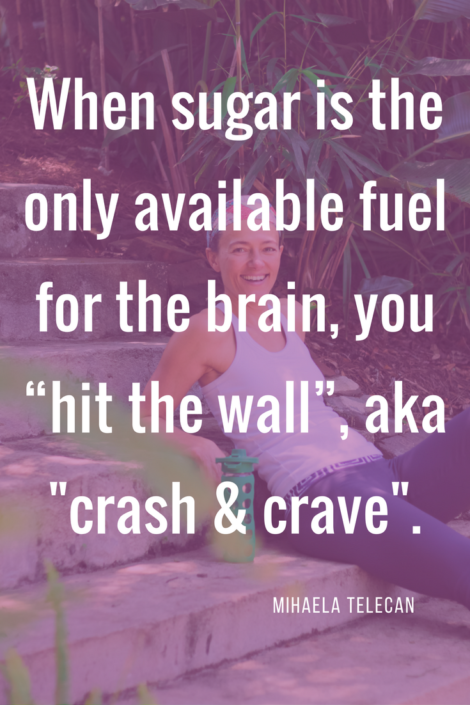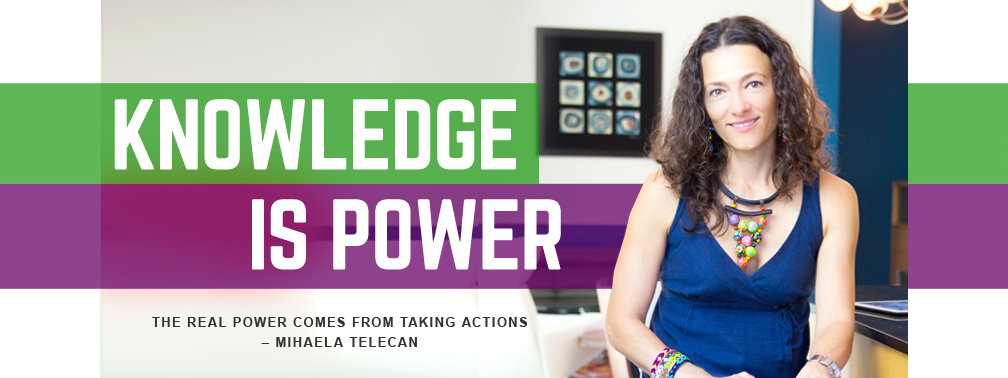hi

Metabolic Flexibility! What is and and how it affects your health, energy, and weight. (Part 1 of 2)
This blog post was sparked by an event with my online marketing accountability group, back in November, 2016.
During one of our meetings, one of the group members said she had to leave the meeting because it was an hour past her lunch time and she had to eat.
I was intrigued by that, not only because minutes before she stated she has lots of energy, but because she didn’t say she was hungry.
So I thought,
When do we eat?
When is “lunch time” or when we are hungry?
How do we measure energy?
In my mind, it’s about mental (or physical) power, the ability to focus on a task and finish it regardless of food being available or not.
My understanding is that every time we lose focus and concentration during our work day, whether we work at a desk, out in the field or are playing with our kids, it is an indication of a lack of energy (aka fuel) to the brain.
When all of a sudden you feel jittery inside and think, “I need to eat, I can’t be here anymore”, when you begin to have obsessive thoughts about food and you no longer focus on your kids playing or lose interest in the work you are doing, you are “hitting the wall”, in a very similar way an athlete during a race “hits the wall” and has to stop to refuel before he can go on.
The athlete that “hits the wall” or you “crashing at the office”, experience the same metabolic stiffness and your brain is screaming for sugar (glucose).
When sugar is the only available fuel for the brain, you “hit the wall”, or “you crash”.
As we will see later, there is an alternative fuel source that our brain (and the rest of our organs) can use. It’s long lasting and leads to “endless energy”. I compare this fuel with kerosene, the jet plane fuel. I’ll come back to this on part 2 of this series on metabolic flexibility.
But first,
How do we measure energy and is there such a thing as endless energy?
(HINT: look at a 5 year old and you got one answer-there is endless energy, and you were 5 years old too, which means you had that kind of energy).
Can you have the same energy now? I would argue yes! I’ll show you how. But first let’s see how we measure our energy level.
One way to rate your energy is by how you wake up in the morning and how you get out of bed.
- Do you dread it?
- Do you want to hit snooze 10 times?
- Do you need to start the day with that pot of coffee to get you going?
Or,
- Do you wake up good and have your breakfast, but then by 10 or 11 o’clock your energy drops and you lose focus? (HINT: if you answer yes, you may want to take a look at what you eat for breakfast).
I used to eat every 2-3 hours. I always carried snacks with me. Usually nuts and fruits. I would feel jittery inside and start thinking about food, feeling irritable and that I had to eat, really I had to eat otherwise I was not a fun person to be around. My close friends know exactly what I’m talking about.

So, if you experience any of these you know you lack energy, (mental/physical), or as we will see in just a little bit that’s the message that your brains sends you. It’s all about the brain:)
Another way to rate your energy is by how your days go.
- How much energy do you have to do your chores?
- How much energy do you have when you go to the gym and work out, or when you go out for a run or bike ride?
- Can you finish your work day, do house work (shop, cook, clean, laundry, etc.) and then go workout and still have energy to play with your kids or your hubby (why not…)?
When this person in my accountability group told me she has lots of energy, yet she wanted to eat but she didn’t say she was hungry, I felt it was a conflict. I was intrigued.
“If you have energy and you are not hungry, why do you have to end the meeting? Just because it’s one hour past your lunchtime? You keep going until you finish the work or until you are running out of energy and have to eat.”
Would the cave man say, “wait a minute tiger it’s past my lunch time, I’ll go have my lunch, then you can continue to chase me”. That’s ridiculous, right?
So the questions are:
#1. Do you eat on a schedule or when you are hungry?
- You may answer, “I don’t know Mihaela, I’m confused, some tell me not to skip meals, to eat avery 2 hours, some tell me to eat only when I’m hungry. I don’t know what to do…so I eat all the time, whenever food is available or on a schedule.”
#2. How does your body gets its energy?
- You’d say from food, and that is correct, but only partially correct. I’ll explain.
Yes, we convert the food we eat into energy, which we use as needed and the excess we also store as “energy”. Similar to your bank accounts. You have checking account and saving account. Imagine the checking account as the food coming in and the savings account as being what you store from food-mostly fat (adipose tissue). I’ll come back to this.
I’m sure now you are asking…
- How do we store energy? And…
- Do we ever use the stored energy? If yes,
- Under what circumstances?
First let me answer how we store energy.
There are 2 forms of stored energy in the human body.
#1. glucagon (form of sugar) stored in liver and muscles-a very limited storage capacity.
#2. triglycerides (aka fat) in the form of adipose tissue (inside our fat cells) -virtually unlimited storage capacity.
Now, If the answer is “yes, we do burn stored energy”, then you may ask
- when,
- how,
- and under what circumstances?
Is it glycogen, fat or both?
The first answer is pretty obvious. In the absence of food, our body will start to use stored energy as fuel.
Think about how you pay your bills-if you don’t get your paycheck (on time) and you need to pay the electricity bill, you go to your savings account or use a CC, right? Your body does the same. If food is not coming (on time), the body gets energy from savings (glycogen and or fat). Logical, right?
To survive the body needs fuel/energy (macronutrients) and micronutrients (vitamins and minerals). Obviously, food provides us with all of these, but that doesn’t mean you need to eat every 2 hours.
Do you know what the record for water fasting is?
Meaning, how long has a person lived on its own saved energy? 382 days-no food, only water, vitamins and minerals. Yes that’s how much energy this person had stored over the years inside his adipose tissues. He had enough energy to fuel his body for a total of 382 days. He started at a weight of 456 pounds and lost 276 lbs in 382 days. This was medically supervised, and I don’t encourage you to go do the same, (unless you do it under medical supervision).
Let’s get back to how our body accesses stored energy. Click here to go to part 2 where I explain in great detail the concept of MF (Metabolic Flexibility). .
- How do you know if your metabolism is flexible or stiff?
- What you can do today to develop MF and to run your brain and life like a jet plane? I know, I love analogies:).
Below you can watch a video discussion on the topic of metabolic flexibility.
***
Do you want to learn more about how a whole foods, low carb diet can heal your body and optimize your metabolism, (e.g. have incredible energy, lose body fat, be happy and pain free)? Then join the Healing with Foods Community, both on email, as well as, the Private FREE Facebook Community.



